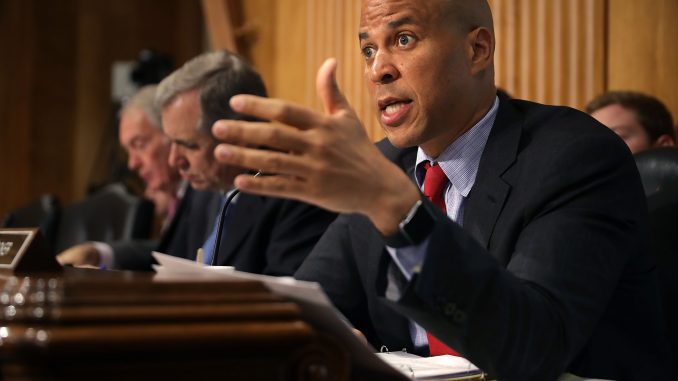

The share of women and underrepresented minorities taking computer science for college credit in high school spiked, thanks in part to a second Advanced Placement computer science course that launched this year.
Part of the credit also belongs to Code.org, a nonprofit that teaches K-12 computer science curriculum and has been working to bring more women and minorities into the field.
The new AP course, Computer Science Principles, is considered more accessible and creative than the traditional CS offering, which focuses on a specific coding language.
In its first year, 15,000 young women took the new Computer Science Principles final, several hundred more than took the original course this year. Thirteen thousand underrepresented minorities — blacks, Latinos, Native Americans and Native Pacific Islanders — took the Principles final this year compared with 9,000 for the traditional exam.
It was a banner year for both AP computer science courses.
Principles tackles larger computer science concepts and isn’t constrained to one programming language. And as part of their Principles final exam, students submit a portfolio of apps they’ve created rather than simply taking a multiple-choice test. It’s meant to appeal to a wider array of students in general, which also means more women and minorities.
Last summer, Code.org taught 500 teachers its AP Computer Science Principles curriculum and is teaching nearly another 1,000 this summer. Currently, 15 percent of high schools offer computer science AP courses, up from 5 percent when Code.org — which is funded partly by Microsoft, Facebook and Infosys — began its work four years ago.
Twenty-seven percent of students finishing computer science AP courses in 2017 were women, up from 23 percent in 2016. Similarly, underrepresented minorities now make up 20 percent of these test takers, up 5 percentage points from last year.
Of students who took Code.org’s CS Principles AP course, 70 percent said they wanted to study computer science after graduating high school. Half of the students taking Code.org’s AP curriculum are underrepresented minorities.
These AP courses are a way to give high school students college credit and steer them toward an industry with high pay and prestige, but one that has been plagued by inequality in representation, pay and treatment.
The AP trend is positive but computer science participation and the tech industry in general is still far from being equitable.
“We can’t just change it by changing the pipeline because there’s still major issues of culture — unconscious bias and unfair promoting practices in the workplace,” Code.org founder Hadi Partovi said. “Similarly, it’s impossible if we only change workplace culture.”
[Source:-recode]
